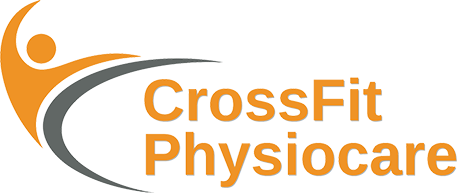
Muscle Pain
Muscle pain is a common condition that can occur due to various factors such as overuse, injury, tension, or medical conditions. Muscle pain can range from mild discomfort to severe pain that affects daily activities.
Causes of Muscle Pain:
Overuse or Strain: Engaging in repetitive movements or overexertion of muscles can lead to muscle soreness and pain.
Injury: Direct trauma, such as a muscle strain, tear, or contusion, can cause muscle pain.
Medical Conditions: Certain medical conditions, such as fibromyalgia, polymyalgia rheumatica, and myositis, can cause chronic muscle pain.
Infections: Some infections, such as the flu or viral illnesses, can lead to generalized muscle pain.
Medications: Certain medications or side effects, such as from statins, can cause muscle pain.
Dehydration: Inadequate fluid intake can contribute to muscle cramps and discomfort.
Management and Relief:
Rest: Allow the affected muscles to rest and recover. Avoid strenuous activities that may worsen the pain.
Apply Heat or Cold: Applying heat (warm compress) or cold (ice pack) to the sore muscles can help alleviate pain and reduce inflammation.
Stretching: Gentle stretching exercises can help relieve muscle tension and improve flexibility. Avoid overstretching, especially if the muscle is injured.
Massage: Gentle massage or self-massage can help relax tense muscles and promote blood circulation.
Hydration: Drink enough water to prevent dehydration, which can contribute to muscle cramps.
Over-the-Counter Pain Relievers: Nonsteroidal anti-inflammatory drugs (NSAIDs) can provide temporary relief.
Topical Analgesics: Creams, gels, or patches containing pain-relieving ingredients that can be applied topically to the affected area.
Physical Therapy: A physical therapist can provide specific exercises and techniques to address muscle pain and improve muscle function.
Relaxation Techniques: Practices like deep breathing, meditation, and progressive muscle relaxation can help alleviate muscle tension caused by stress.
Consult a Healthcare Provider: If the muscle pain is severe, persistent, or interfering with daily activities, consult a healthcare provider for an accurate diagnosis and appropriate treatment recommendations.
It’s important to listen to your body and avoid pushing through severe pain. If muscle pain is accompanied by other concerning symptoms like fever, weakness, numbness, or difficulty moving, seek medical attention promptly.
Remember that while self-care measures can help manage mild muscle pain, if you’re experiencing chronic or severe pain, it’s advisable to consult a healthcare provider for a proper evaluation and treatment plan tailored to your specific needs.
- Daani Plaza E-595-596, 4th Floor, Ramphal Chowk Rd, Block E, Sector 7 Dwarka, New Delhi - 110075
- +91 99996 26251
- support@crossfitphysiocare.com
How can we help you?
If you are looking for the best and nearest physiotherapist, then click below to message us on WhatsApp.
